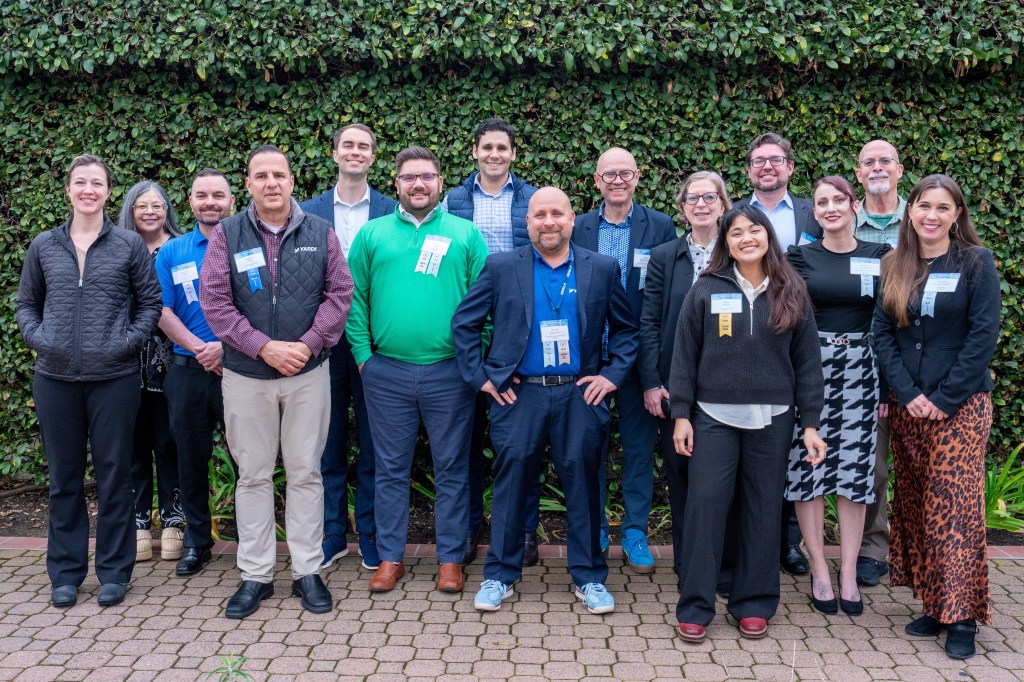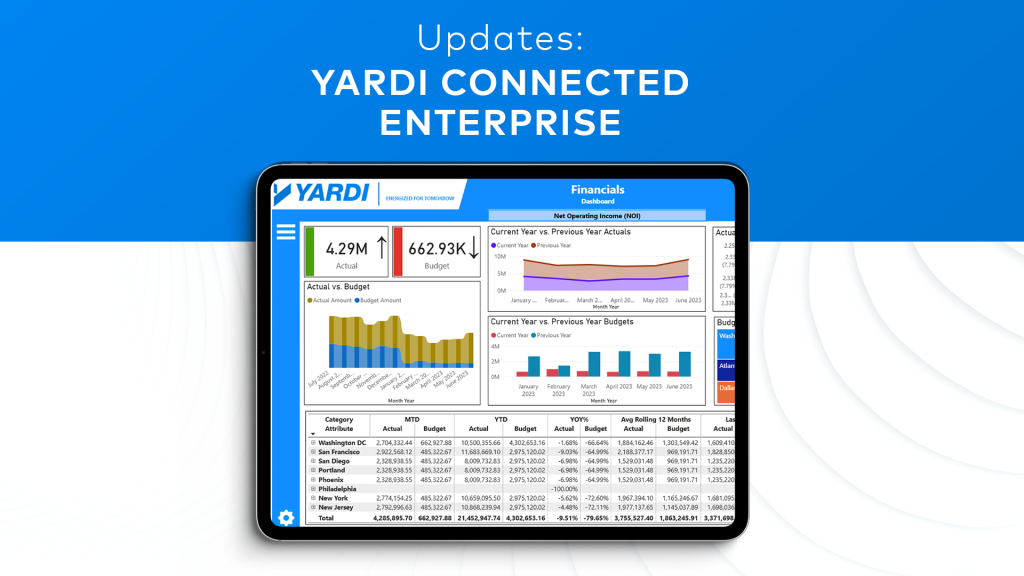By Natalie Mahn on May 27, 2021 in People Senior living
How can senior living leaders drive change, all while prioritizing resident care in their communities? Ask Michael Joseph, founder and president of Clover Group and member of the 2021 Changemakers class. From building a company model to serve middle-income seniors in independent living — to operating 40 communities with expansions on the way — Michael has become quite the industry trailblazer.

In this year’s Changemakers series, a collaboration between Yardi and Senior Housing News (SHN), interviews are conducted with pioneers across the industry. For Michael Joseph, his unique pathway to serving the middle market has earned him the Changemaker honor.
Check out this excerpt from the SHN interview where Michael highlights his approach in navigating change, along with his strategies for shaping the middle-income segment in senior living.
Can you highlight a few changes that you have driven that you are most proud of, or that you believe have been most significant to Clover or the industry?
I think the greatest achievement we’ve done at Clover started with the very first deal. I think the greatest achievement is that we focused on a segment of the society that no one else focused on, which was the middle-income, independent living person.
The focus at the time and frankly until very recently was the wealthy — with either what was then called assisted living, or upscale senior communities like Del Webb-type places — and then the poor, where you had low- to moderate-income tax credit deals to provide senior housing, and subsidized nursing homes.
What we didn’t have was anybody focusing on the healthy, middle-income person, who had very terrible options at the time. Their options were to move in with one of their kids, stay in a house that they could no longer really live in, or they would move into regular garden apartments where there were kids next door, families, or a young couple down below them and they’d play their music too loud.
I think looking at the senior market, focusing on this area, was and still is the best achievement we’ve done. We were able and are able to service a large segment of our society that didn’t have choices of what to do and where to live in quality housing with other people like them. It’s still a vastly underserved part of the housing market. I don’t think that’s going to change so fast.
What did you have to change from the typical way of developing and operating senior living communities in order to serve this middle-income segment?
It was all about cost. The middle-income people have a limited amount of money they can spend. They have their Social Security and maybe a small pension, a little bit of savings, maybe they sell a house, but they tend to own the older houses, depending what cities they’re in.
For the middle-income market, the difference of $100 a month is I live there or I don’t live there. It isn’t a function of want, it’s can’t. We had to focus on how to build a product and deliver it to the market with, in my mind, a fixed rental rate that we could charge.
You’re doing the math almost backwards. Rather than saying, “What product do we want to deliver and what then will we have to charge for it?” we started with, “What can we charge for it?” Then we had to back into, “How do we deliver it?” That was the real challenge and still is the challenge today.
The most fundamental building block of this is the ability to deliver the product at the rent that the middle-income senior can afford. If Social Security is going up 1% a year, you can’t raise the rent 6% a year. You’ll price yourself outside your market quickly.
That’s the problem we had to solve, and it’s still the issue we deal with every day. If lumber prices skyrocket or if something else skyrockets due to COVID and due to trade wars and whatever else, we are sitting here scrambling every time. It’s like, “Oh, look at that. We got to drive some more cost out because we’re getting cost increases there.”
It’s an ongoing challenge and every business has this challenge. The ability to overcome those challenges is how you make money.


